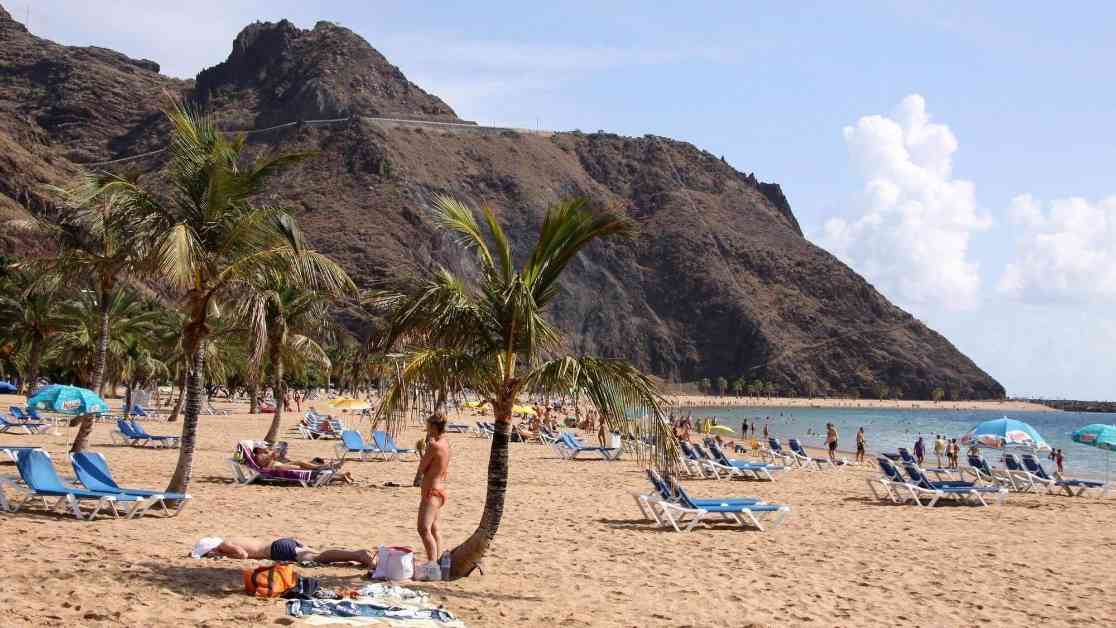Puerto de la Cruz, a popular tourist destination in northern Tenerife, is facing a crisis with its beaches. The once pristine Playa Jardín, created by renowned Canarian artist César Manrique, is now deserted. Red flags fly, signaling a complete ban on swimming due to fecal contamination.
The local authorities are scrambling to identify the source of the contamination, with speculations pointing to a broken pipe or outdated sewage treatment plants in the area. It’s a disaster for the holiday town heavily reliant on international tourism. The situation has been deteriorating for years, leading to the loss of the coveted blue flag in 2022, an international recognition for clean and sustainable beaches.
Puerto de la Cruz is not the only place on Tenerife struggling with water quality issues. The island is plagued by nearly 200 sewage pipes discharging untreated or poorly treated wastewater into the sea. This has led to a series of beach closures due to bacterial problems. The situation is not unique to Tenerife, as other Canary Islands also face similar challenges.
According to marine biologist Pablo Martín, the calm seas and high temperatures during summer create ideal conditions for bacteria to thrive in coastal waters. The lack of action from local authorities to address the pollution issue has drawn criticism from environmental groups. Tenerife was even awarded a black flag by environmentalists for its poor coastal management practices.
The pressure from the European Commission has prompted the Spanish government to invest millions in improving sewage infrastructure on Tenerife. By 2025, the island plans to increase the number of sewage treatment plants from four to twelve. This is a positive step towards rectifying the environmental damage and restoring Tenerife’s reputation as a popular beach destination.
The recent attention on Tenerife’s sewage problem underscores the urgent need for better environmental management practices across the Canary Islands. The region’s reliance on tourism and the fragile coastal ecosystem make it imperative to address water quality issues promptly. With concerted efforts and investments in sewage treatment infrastructure, Tenerife can reclaim its status as a pristine beach destination and protect its natural environment for future generations.

















